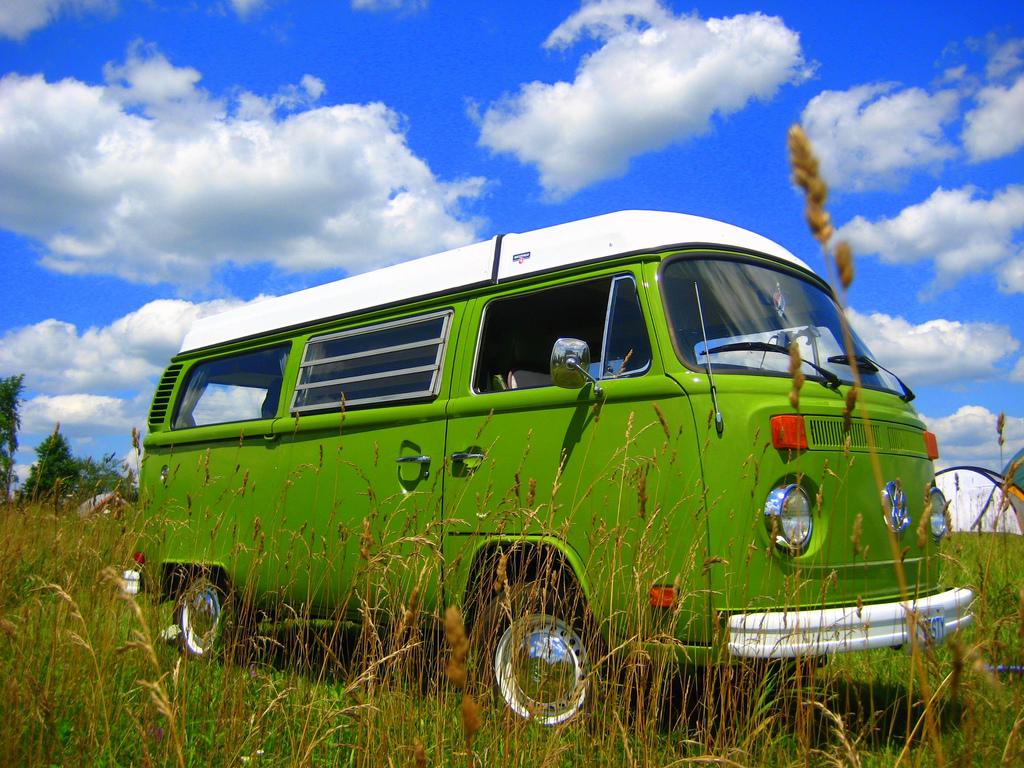Volkswagen has recently announced that they are bringing back a new and improved version of their all time favourite hippie van- as an electric vehicle.
Volkswagen (VW) has finally managed to draw the public attention away from their recent scandals- installing a software in diesel automobiles that allows them to cheat emission testing- with their latest announcement.
Rumors were going around a while ago about the iconic Volkswagen van returning, however until now that was just a hopeful prediction.
Hans-Jakob Neusser, the VW development chief, announced the van publicly at the New York Auto Show, while explaining that currently they are working on the new and improved electric version of the nomadic classic.
Volkswagen hippie van history
The old Volkswagen vans (also commonly known as a Camper or Kombi) have only been accessible through second-hand dealers and websites for many years since production of the popular car stopped, a move which was questioned by many enthusiasts.
Production of the initial VW vans began in the 1950’s. It was originally undertaken in Germany, however thanks to a number of safety regulation changes, the vehicle manufacturing was outsourced in the 70’s to Brazil.
Production was them completely stopped in 2013, after once again safety standards were changed this time in Brazil, and the vehicles did not comply as the did not include the required multiple airbags and ABS.
The new version
The van’s newest generation is predicted to begin being manufactured in 2017 at Puebla, Mexico’s VW plant.
The engine which used to be a air-cooled boxer engine, and then a set 1.4 flex water-cooled engine when produced in Brazil, is going to be replaced by a hybrid-propulsion type that has several recently developed technologies that have been newly presented in other sustainable models from the VW group.
This means that it will run on battery packs that will be hidden under the vehicles floor, rather than petrol, powering an electric motor driving the front wheels, making it an eco-friendly and fossil-fuel saving alternative.
The new van’s autonomy can climb up to 500km, conditional to which settings are used. Customers will also be given diesel and gasoline powered engine options.
Mr Neusser stated that in terms of the design, any attempt in recreating a new version of the camper van concept must include a number of the original hippie van characteristics that are very important.
_“First the wide, solid, D-Pillar, second the boxy design of the centre section and, thirdly, the front end must have a very short overhang. The distance from the A-pillar to the front end must be very short,” _Mr Neusser said.
The booming vintage trend in 2001 was taken advantage of by VW, and during the Auto Show in Detroit, they displayed the micro-bus concept car, which actually was scheduled for production, but later cancelled.
10 years later at the Geneva Motor Show, they debuted the Bulli concept, which was already adapted to the requirements of the maker (a less polluting model).
It is clear that VW has always had a longing desire to bring back the hippie camper van, they just haven’t got around to it, until now, it seems.
All we can do is hope that the beauty and essence of the classic original van remains in the new design.
Photo courtesy of Flare



